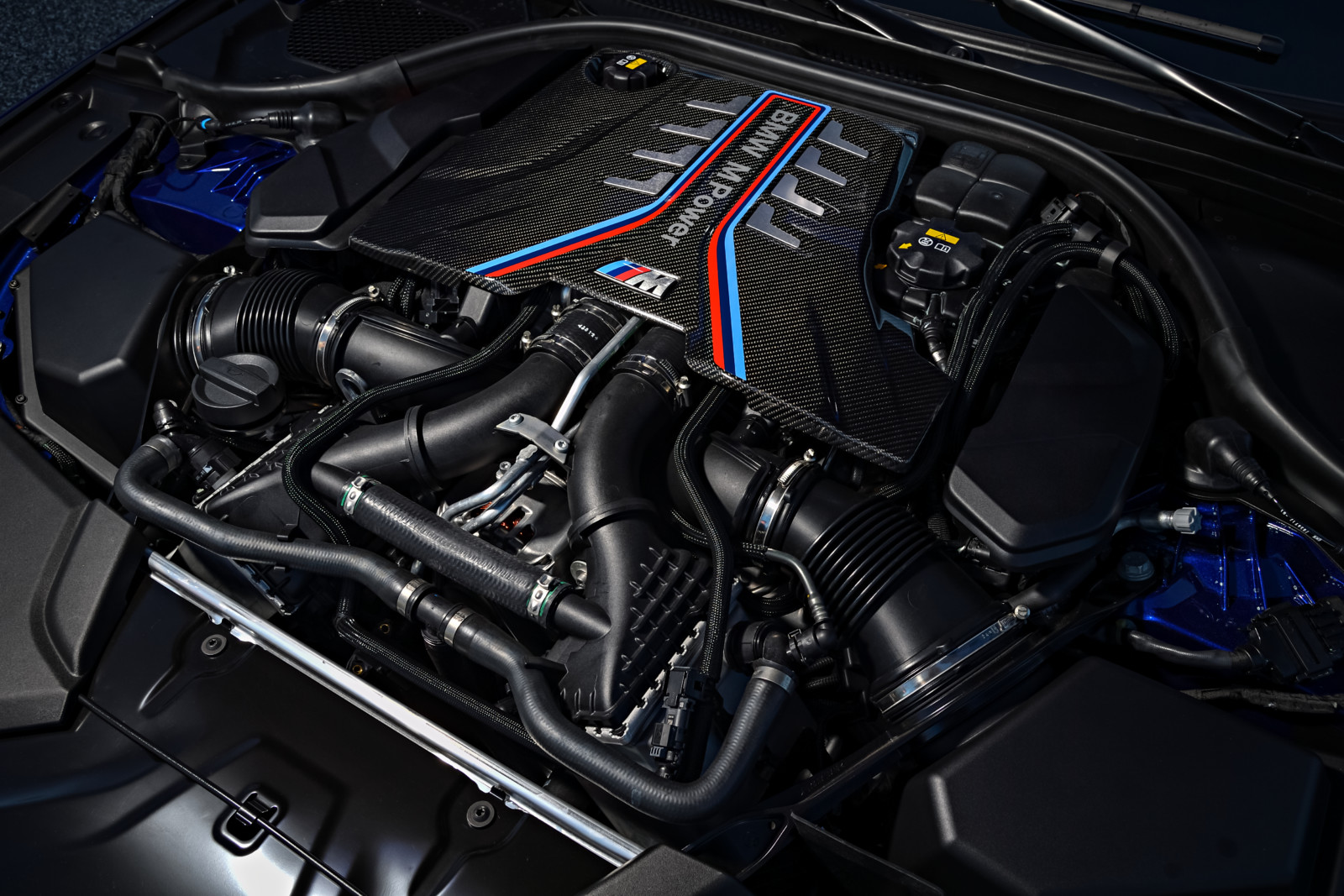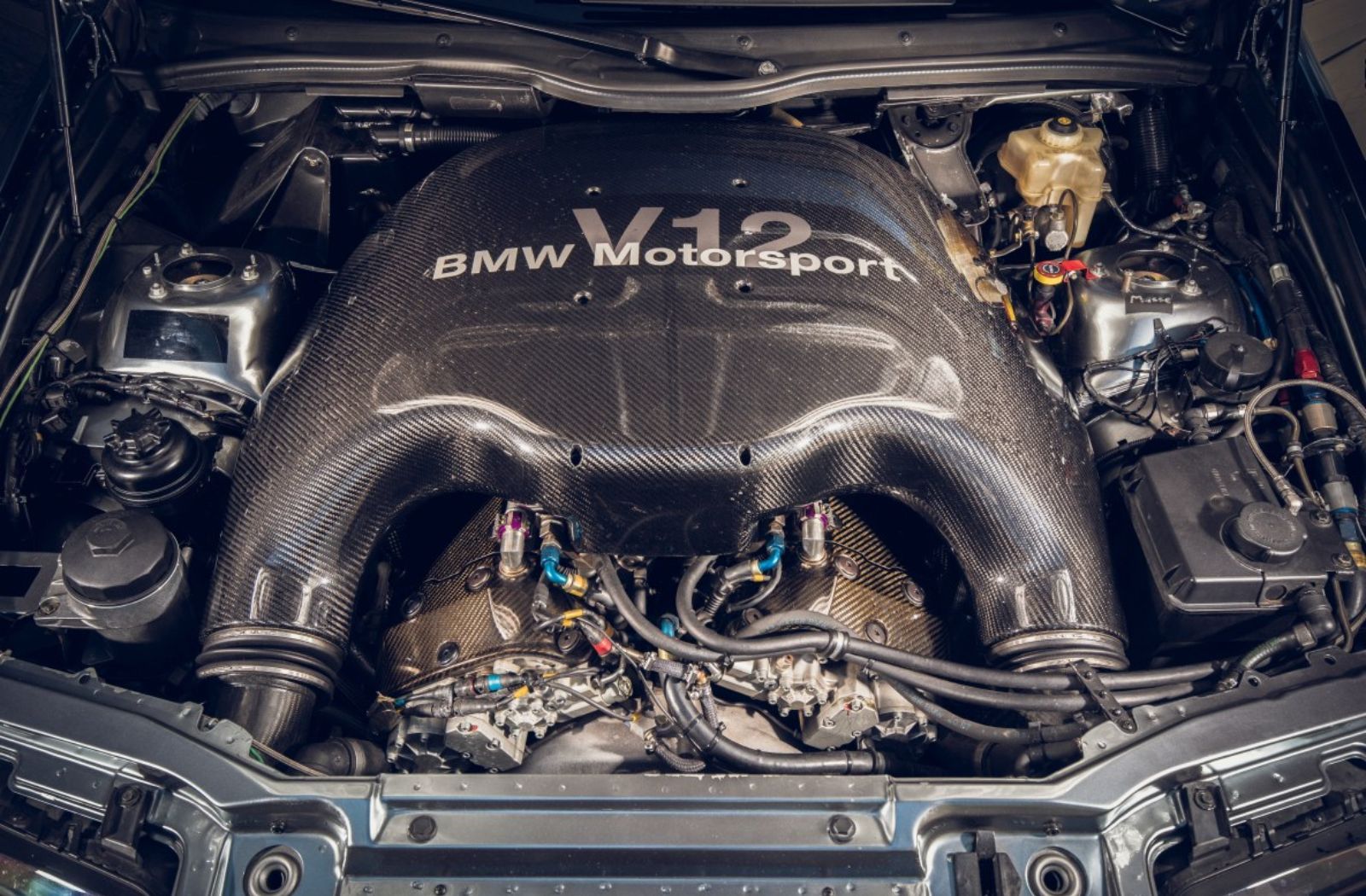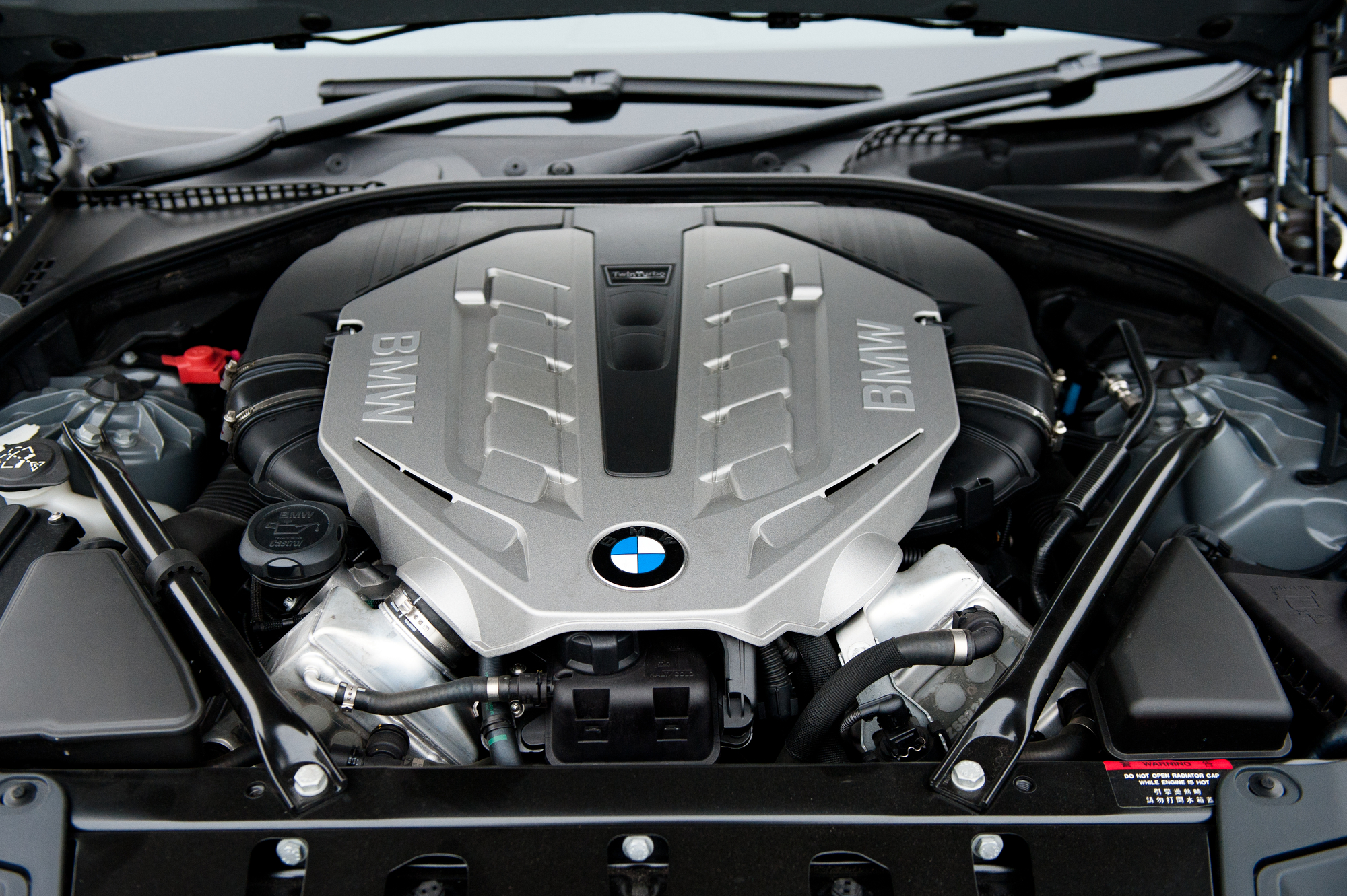Leading 5 BMW Engine Technologies Transforming the Automotive Sector
Leading 5 BMW Engine Technologies Transforming the Automotive Sector
Blog Article
Introducing the Intricacies of Next-Generation Power Units: a Deep Study Advanced Engine Advancements and styles
As we stand on the precipice of a new age in transport, the complexities of next-generation engine layouts beckon us to discover the sophisticated technologies and technologies that guarantee to redefine the driving experience. Digging much deeper right into the realms of discharge control, smart engine monitoring systems, and the horizon of power device growth, we locate ourselves on the cusp of a change that assures to improve the landscape of movement as we understand it.
Advancement of Engine Materials

The change in the direction of progressed engine materials has likewise enabled designers to develop engines with higher power results while keeping fuel performance criteria. For instance, the usage of light-weight materials lowers the overall weight of the engine, resulting in enhanced gas economic situation and reduced exhausts. Furthermore, developments in products technology have actually enabled far better thermal monitoring within engines, resulting in increased dependability and long life.
Turbocharging and Supercharging Technologies
How do Turbocharging and Supercharging Technologies transform engine performance and efficiency in modern automobiles? Supercharging and turbocharging are technologies that substantially enhance engine efficiency by increasing the quantity of air consumption into the combustion chamber. Turbocharging achieves this by utilizing a generator driven by exhaust gases to pressurize the intake air, while supercharging utilizes a belt- or chain-driven compressor to achieve the exact same result.
These technologies allow smaller sized, a lot more fuel-efficient engines to create power equal to bigger ones, called downsizing. By requiring even more air into the cyndrical tubes, supercharging and turbocharging improve combustion performance, leading to boosted horsepower and torque result without a substantial rise in engine dimension. This leads to much better velocity, pulling capability, and total driving efficiency.
In addition, turbo charging and turbocharging contribute to boosted gas performance by enabling the use of smaller engines that eat much less gas under normal driving problems - bmw engine. This combination of improved performance and efficiency has made turbocharging and supercharging integral components of several modern-day engine styles
Emission Control and Environmental Impact
With increasing global problems relating to air high quality and ecological sustainability, the implementation of discharge control technologies in cars plays an essential function in minimizing harmful pollutants launched into the ambience. Modern cars are geared up with innovative discharge control systems that aid minimize the ecological impact of vehicle procedures. Catalytic converters, for example, are created to transform toxic gases such as carbon monoxide gas, nitrogen oxides, and hydrocarbons right news into much less unsafe compounds like co2 and water vapor.
In addition, developments in engine innovation, such as the assimilation of exhaust gas recirculation systems and careful catalytic decrease, have actually significantly added to reducing discharges. These innovations operate in tandem to optimize burning performance and decrease the release of unsafe contaminants into the air. Additionally, the advancement of hybrid and electric lorries represents an important action towards decreasing the general ecological impact of the transportation industry.
Intelligent Engine Monitoring Systems

Additionally, these systems make it possible for lorries to satisfy strict exhausts requirements without jeopardizing efficiency, supplying a more eco-friendly driving experience. The integration of expert system and artificial intelligence capacities in engine administration systems remains to push the boundaries of what is possible, causing additional renovations in efficiency, reliability, and general vehicle efficiency. bmw engine. As vehicle innovation breakthroughs, intelligent engine administration systems will play a critical duty in shaping the future of transport in the direction of a much more reliable and lasting direction
Future Trends in Power Unit Development
As smart engine administration systems pave the method for improved control and optimization in modern-day cars, future patterns in power device growth are positioned to redefine the landscape of automotive propulsion modern technologies. Among the vital fads driving advancement in power device development is the shift towards electrification. With a boosting emphasis on sustainability and minimizing carbon emissions, hybrid and electric powertrains are coming to be more prevalent in the vehicle industry. These different source of power provide improved performance and efficiency while lining up with strict environmental regulations.
One more substantial fad is the combination of advanced products and making strategies. Lightweight products such as carbon fiber and light weight aluminum are being made use of to lower total automobile weight, improving fuel efficiency and performance. In addition, improvements in 3D printing and additive manufacturing resource are enabling the manufacturing of complicated engine components with greater accuracy and longevity.
Furthermore, expert system and machine discovering are playing a vital role in optimizing power unit performance. These innovations enable real-time tracking and flexible control, bring about more dependable and efficient power shipment. Generally, future patterns in power unit development are tailored in the direction of effectiveness, performance, and sustainability, driving the automobile industry in the direction of a new period of propulsion innovations.

Verdict
In final thought, the improvements in engine materials, turbocharging, exhaust control, and smart monitoring systems have led the method for next-generation power systems. The complex designs and innovations in modern-day engines display the ongoing advancement of automotive innovation.
Discovering the dynamic innovations in engine materials has been essential in improving the efficiency and performance of modern engines. Over the years, the development of engine products has actually played a critical role in pressing the limits of what engines can attain.The shift in the direction of progressed engine products has actually likewise enabled engineers to develop engines with higher power results while keeping gas effectiveness standards.The application of smart engine monitoring systems in modern lorries has actually reinvented the means engines are managed and maximized for performance and performance. By gathering data in real-time and examining it with advanced formulas, smart engine management systems can adjust to driving designs, ecological aspects, and engine health to make best use of power output while reducing gas intake and discharges.
Report this page